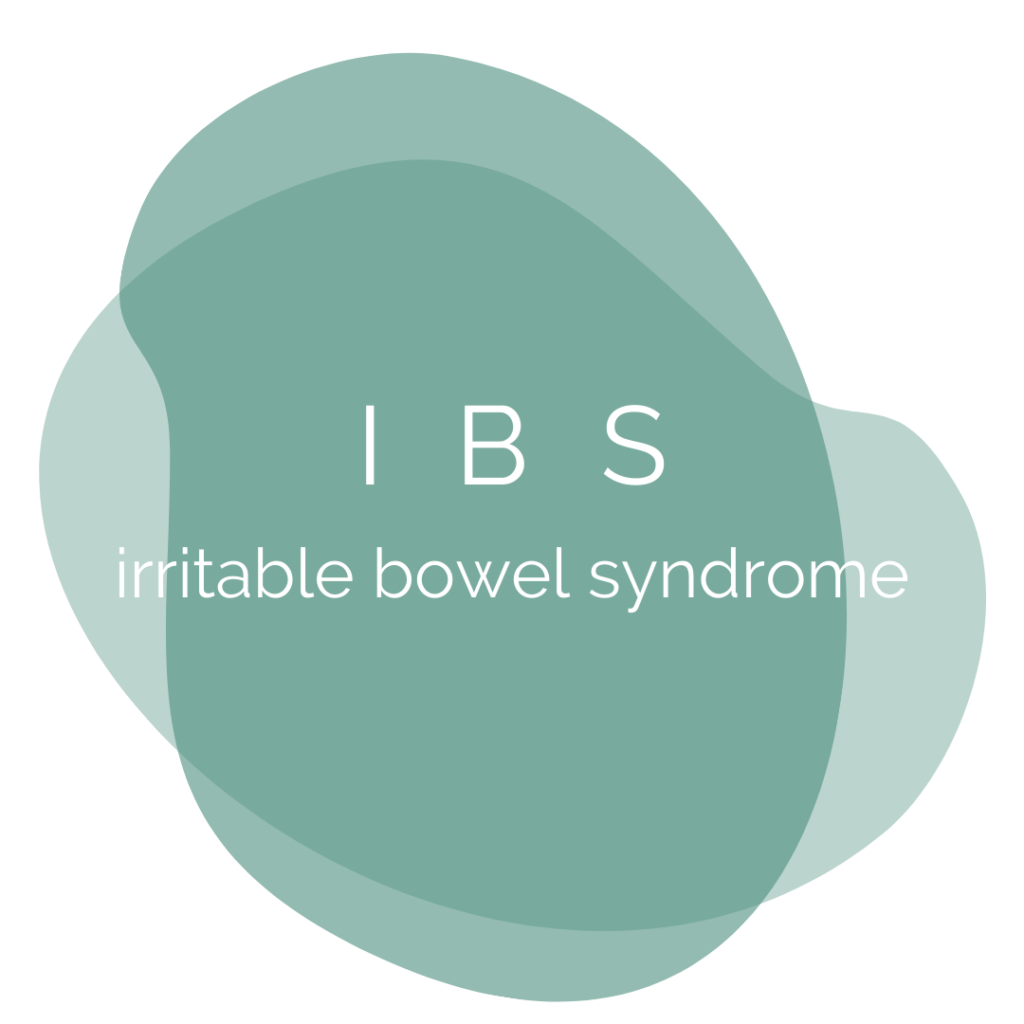
Irritable Bowel Syndrome (IBS) is a common gastrointestinal condition that I see in my naturopathic practise, often because people are struggling, and have come to me as a last resort. Canada has one of the highest rates of IBS in the world, with 18% of the population diagnosed with IBS, vs. 11% global prevalence (Lovell et al. 2012).
IBS is uncomfortable, painful, debilitating, and even embarrassing. 70% of people who have IBS state that it People with IBS experience constipation (IBS-C), or diarrhea (IBS-D) or a combination of both diarrhea and constipation (IBS-M).
Most importantly, IBS is a diagnosis of exclusion. Which means that all other causes of the symptoms must be ruled out before being offered the diagnosis of IBS.
Too commonly I hear from patients that they were not offered:
- any form of imaging (ultrasounds, MRIs),
- any additional testing (stool culture, celiac disease screening, hemoccult testing, or ova and parasite stool testing),
- a referral to a gastroenterologist specialist, before or after the diagnosis.
They are labelled with IBS, and that’s the end of the story.
These patients are not offered a thorough investigation of alternative conditions that could be causing the EXACT symptoms they currently have. I am not sure why this is the case in our medical system in Ontario, but I can only assume it’s due to lack of time, resources, and knowledge.
When facing a diagnosis of IBS, based on symptoms, it is important to rule out the following conditions/diseases which mimic IBS symptoms. This list is not exhaustive, but contains common alternatives that I see in my practise most often:
- Cholecystitis – gallbladder inflammation and pain
- Appendicitis
- Pancreatic insufficiency
- Celiac disease
- IBD – crohn’s or ulcerative colitis
- Hemorrhoids – internal or external
- Dysbiosis – imbalance of bacteria types, and quantities
- Parasite infections
- Yeast or mould overgrowth, quite frequently candida
- GI Pathogen gastroenteritis, such as salmonella food poisoning
- H. pylori infection
- Food sensitivities and increased intestinal hyperpermeability
- Antibiotic associated gastroenteritis
- Post-infectious IBS
- Small intestine bacterial overgrowth (SIBO)
It is important to ensure that you’ve had a detailed discussion about the type of symptoms that you’re experiencing, as well as plenty of discussion to specifically rule out/rule in the conditions that can mimic IBS, listed above.
Naturopathic doctors can offer and interpret a variety of functional tests which help to uncover the root cause of IBS. A few that I find quite useful are:
- IgG food sensitivity blood testing
- Candida Immunoglobulins
- Microbiome Stool testing
- Ova and Parasites PCR assessment
- Pathogen stool testing
- Blood testing for organ function markers
Additionally, naturopathic doctors are trained to provide physical examinations, such as an abdominal exam, which helps provide physical body clues about the causes of abdominal pain that are mimicking or causing IBS.
When I work with patients to truly understand their IBS symptoms, I have:
- comprehensive investigation of their unique health history,
- a full review of your symptoms,
- and when indicated, requisitioning the associated testing diagnostics.
Root cause work allows for an individualized treatment protocol that helps patients to have:
- Less abdominal pain
- Less bloating and gas
- Less inconsistencies of stool form (diarrhea or constipation)
- More consistency in frequency of bowel movements
If you’re ready to get to the root cause of your IBS, in order to feel better, book your complimentary meet & greet to discuss your options, my approach, and to have a chance to meet me! I am happy to offer these complimentary 15 minute appointments for free to new patients. Book yours here.
Resources:
Lovell RM and Ford AC. Global prevalence of and risk factors for irritable bowel syndrome: A meta-analysis. Clin Gastroenterol Hepatol. 2012 Jul;10(7):712-21.e4.

 At the root of preventative healthcare, is education. Let me help you stay informed to find your highest health potential. Information provided on this website is for educational and promotional purposes only, and does not serve as, or replace, medical recommendations, treatments or prescriptions.
At the root of preventative healthcare, is education. Let me help you stay informed to find your highest health potential. Information provided on this website is for educational and promotional purposes only, and does not serve as, or replace, medical recommendations, treatments or prescriptions.